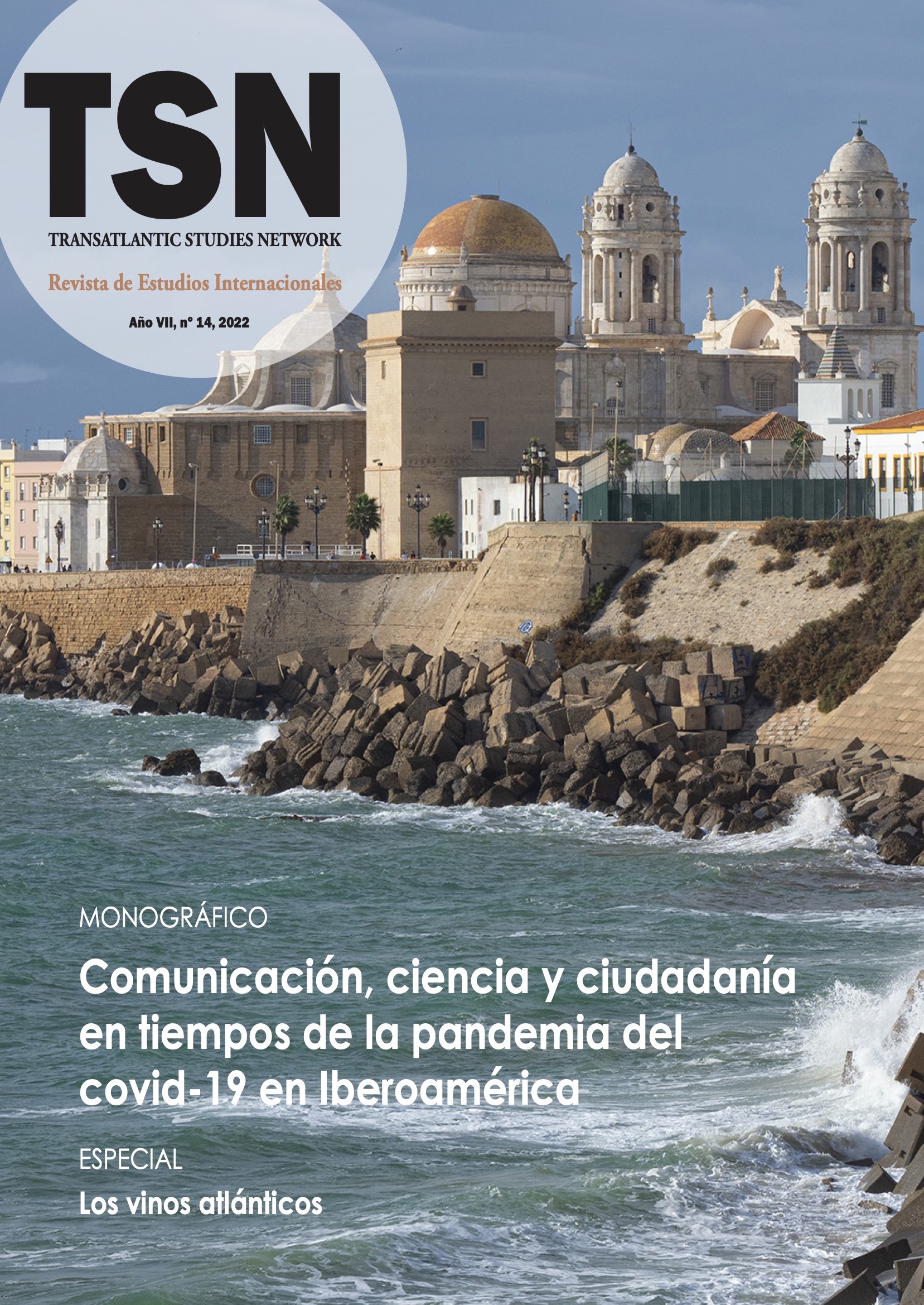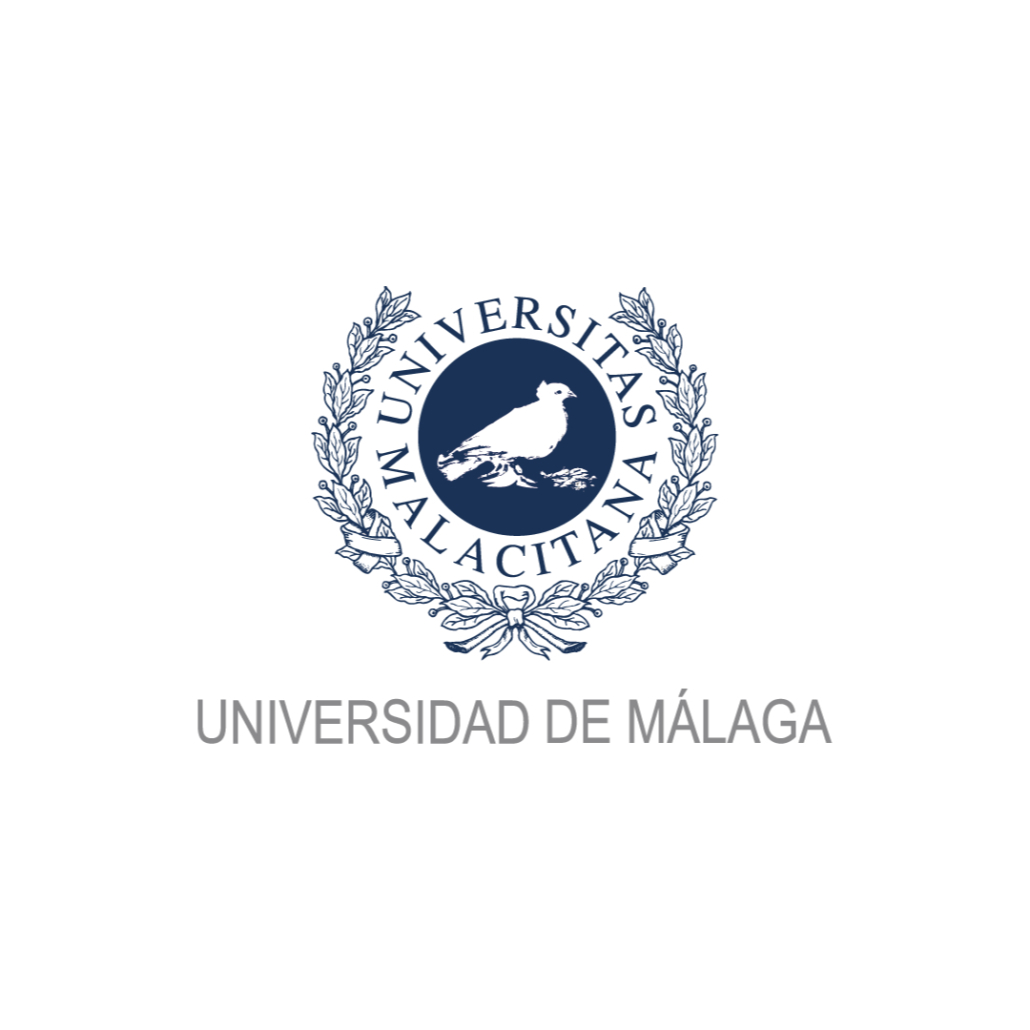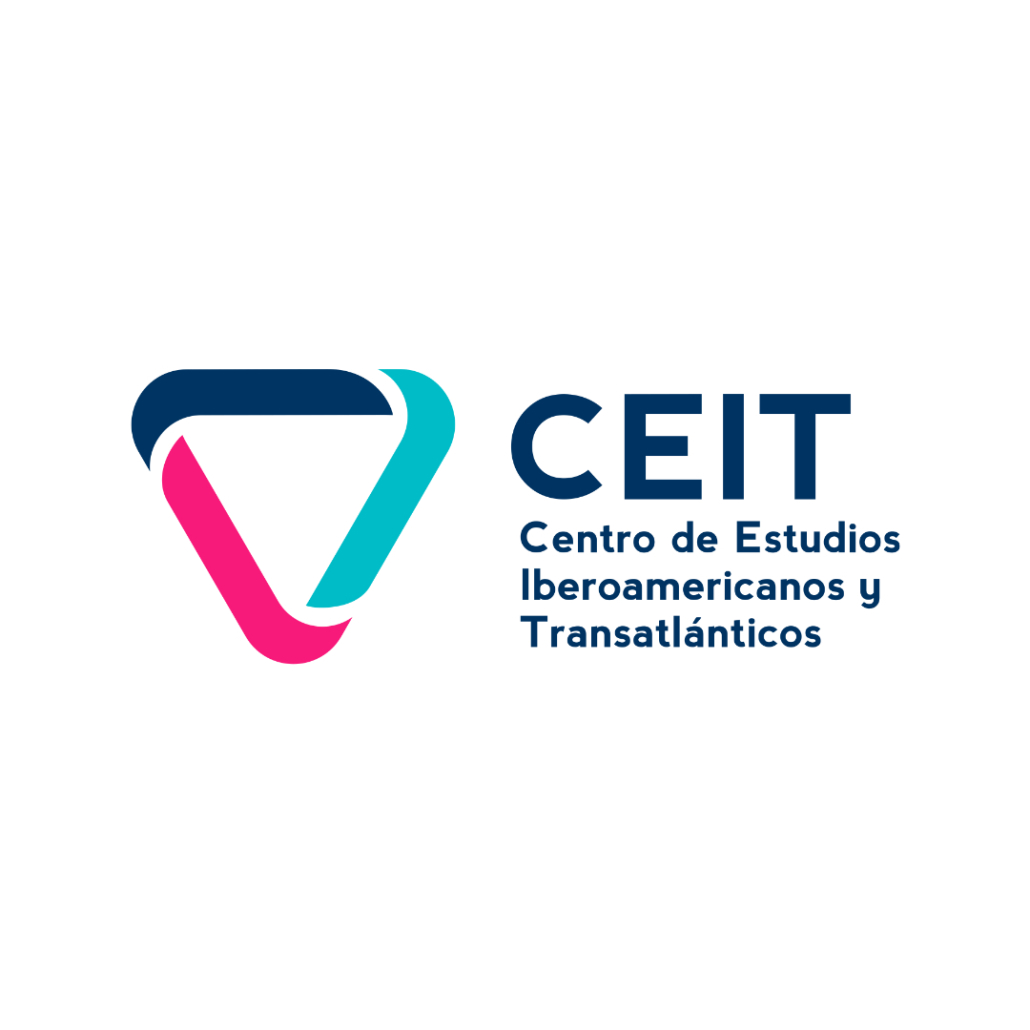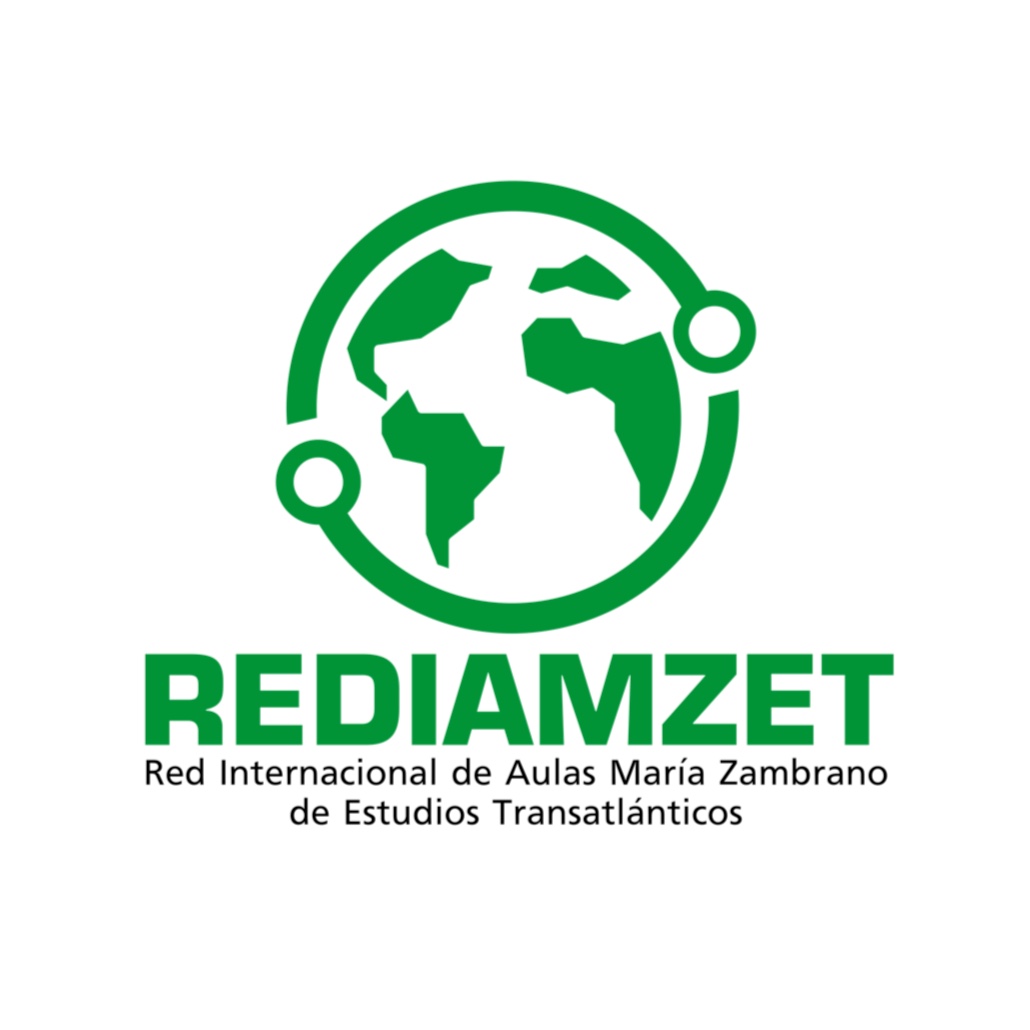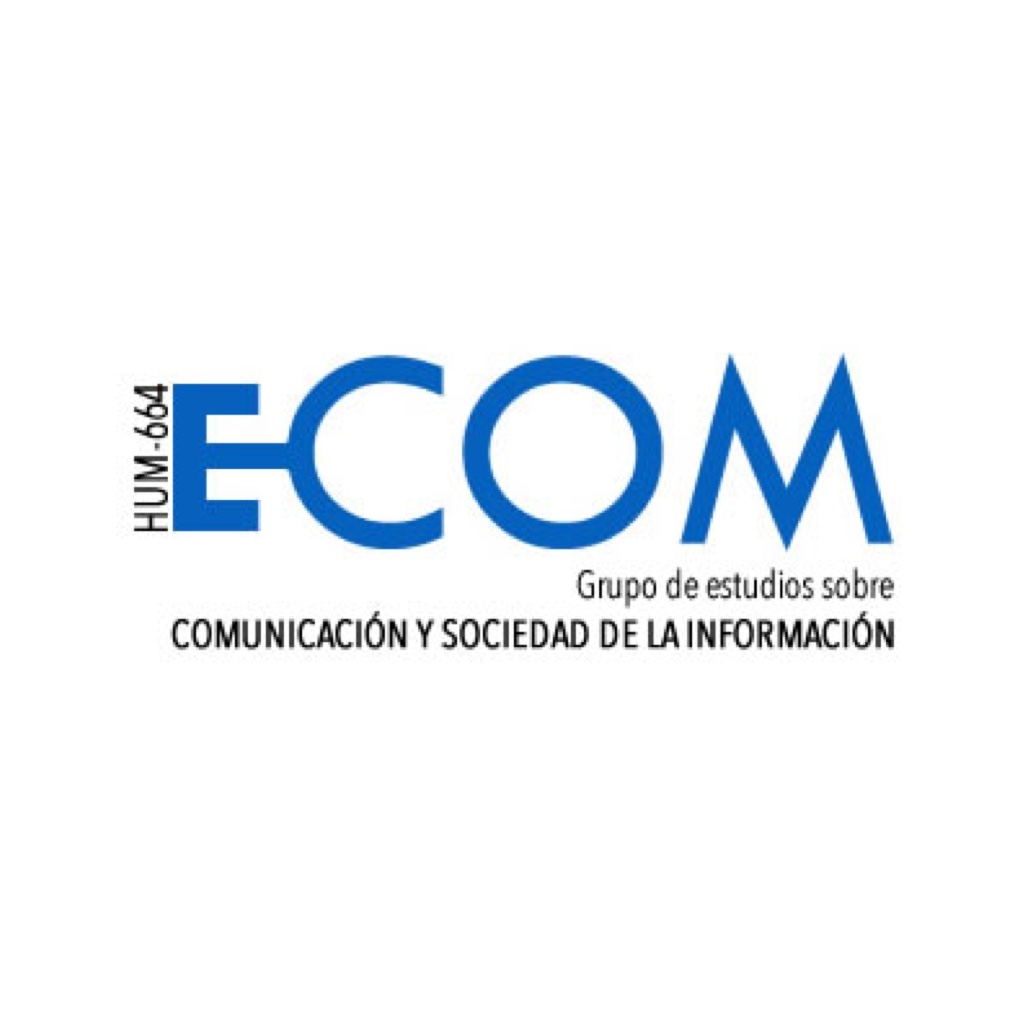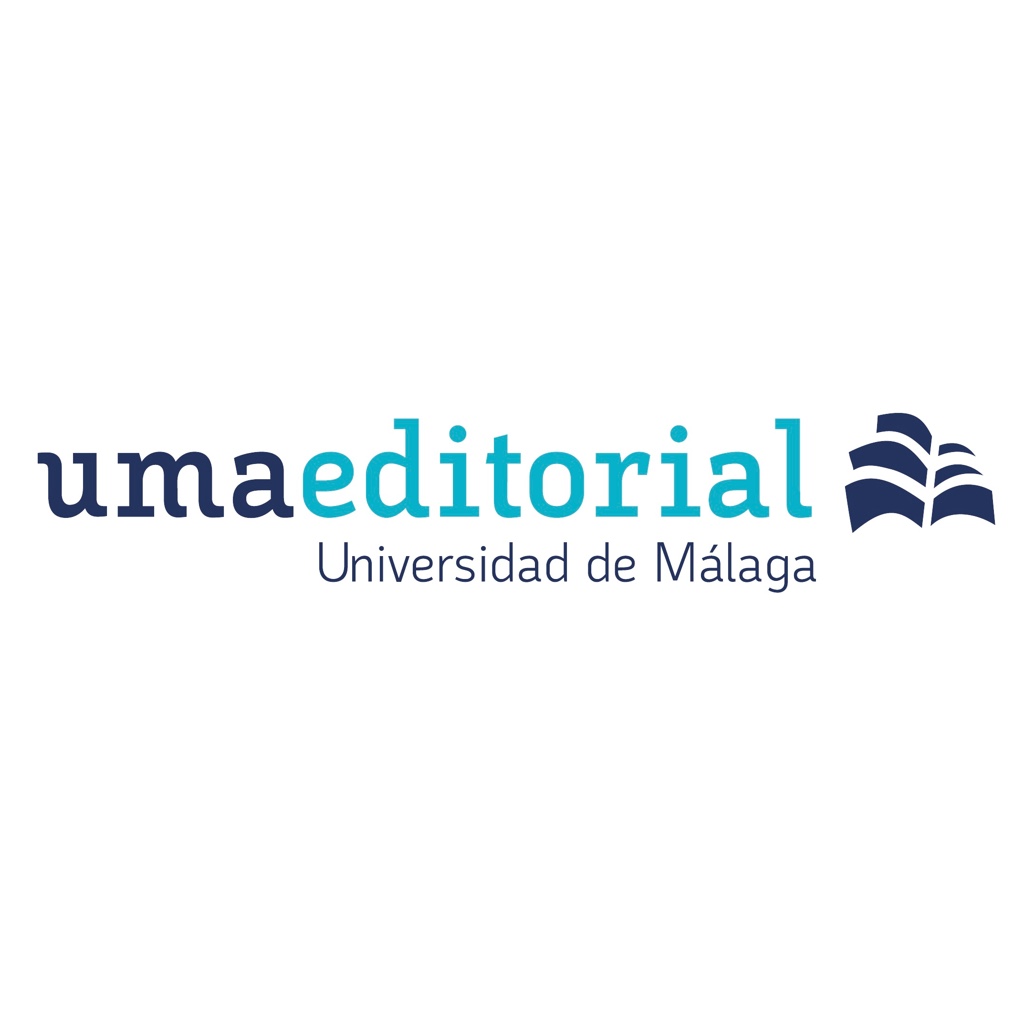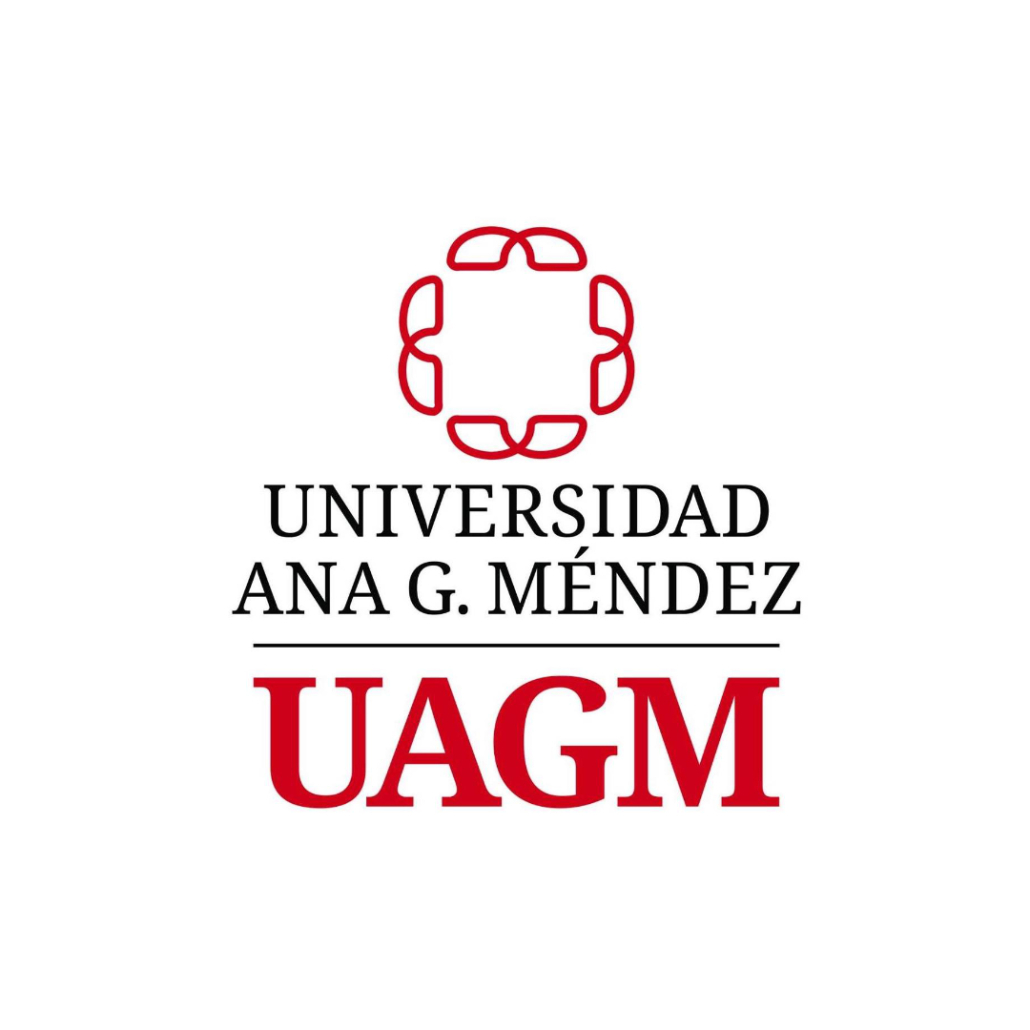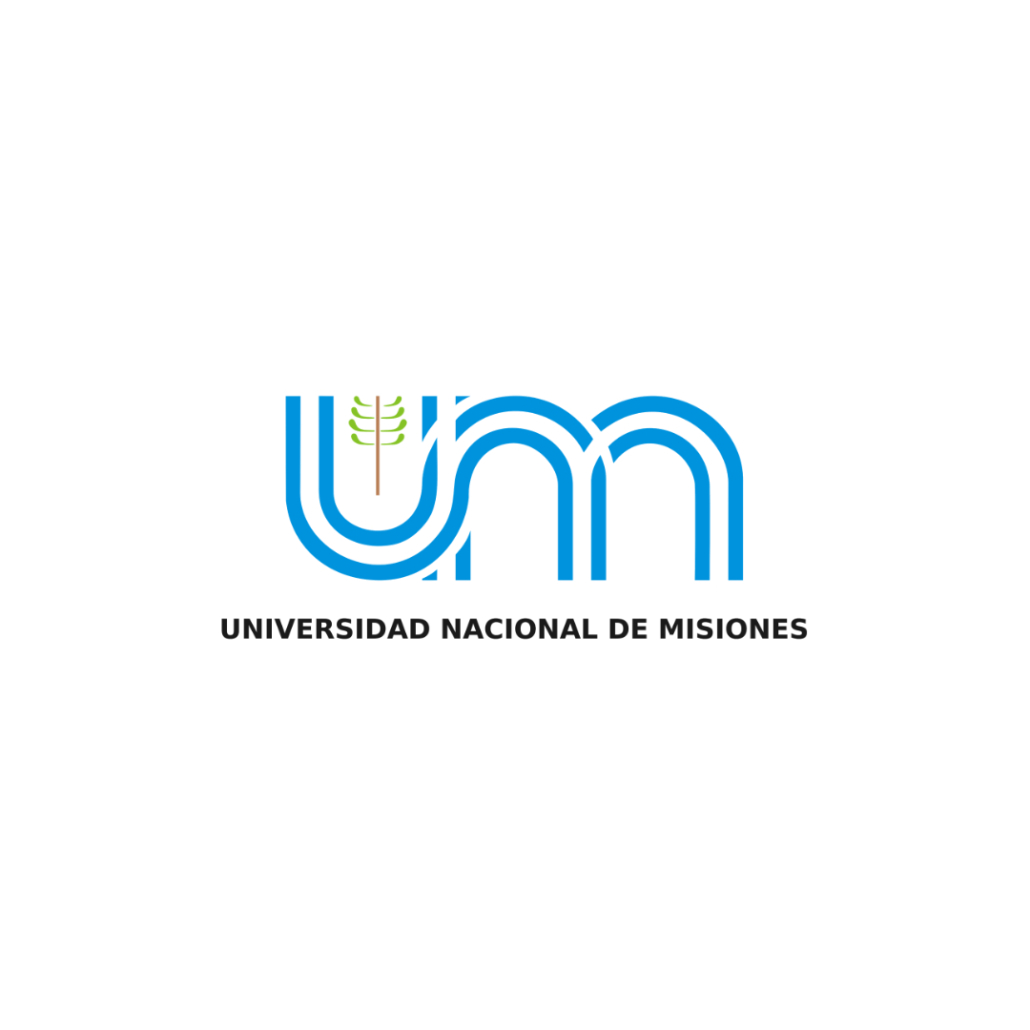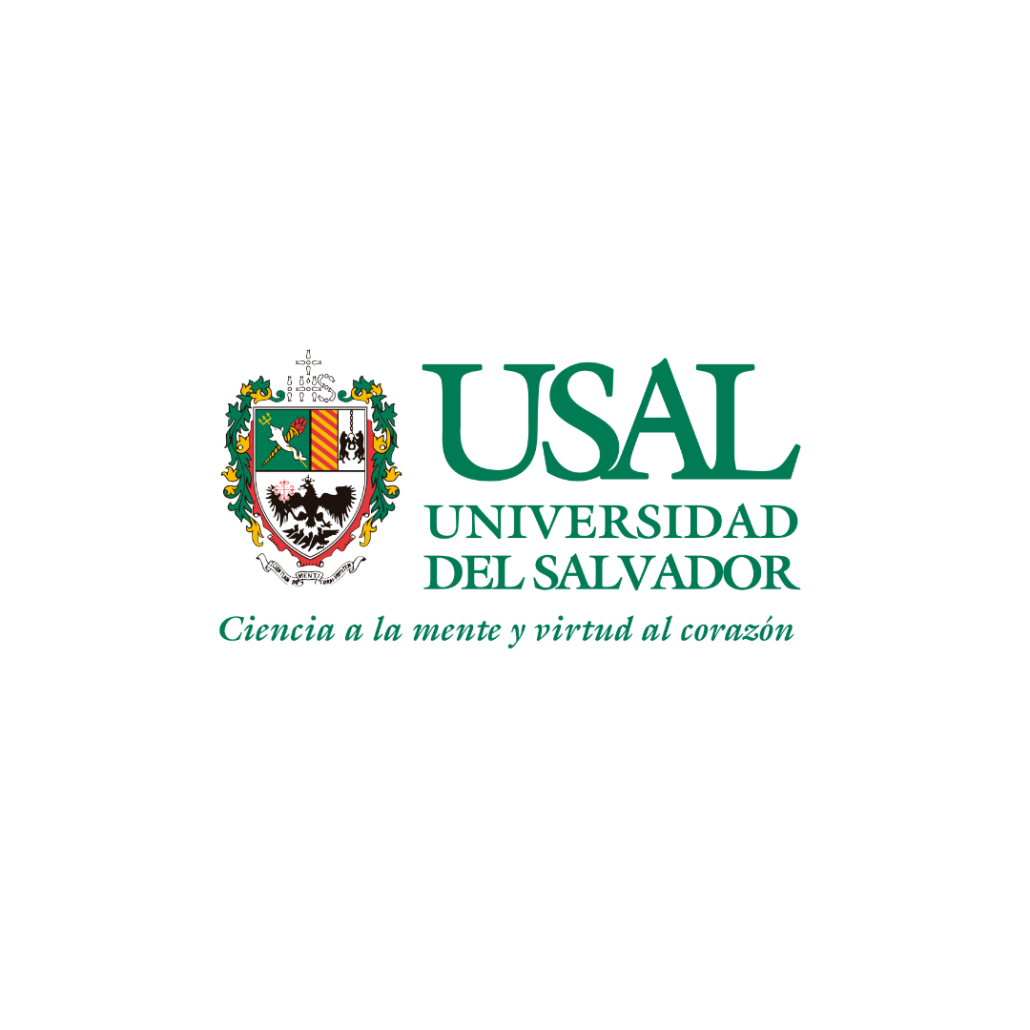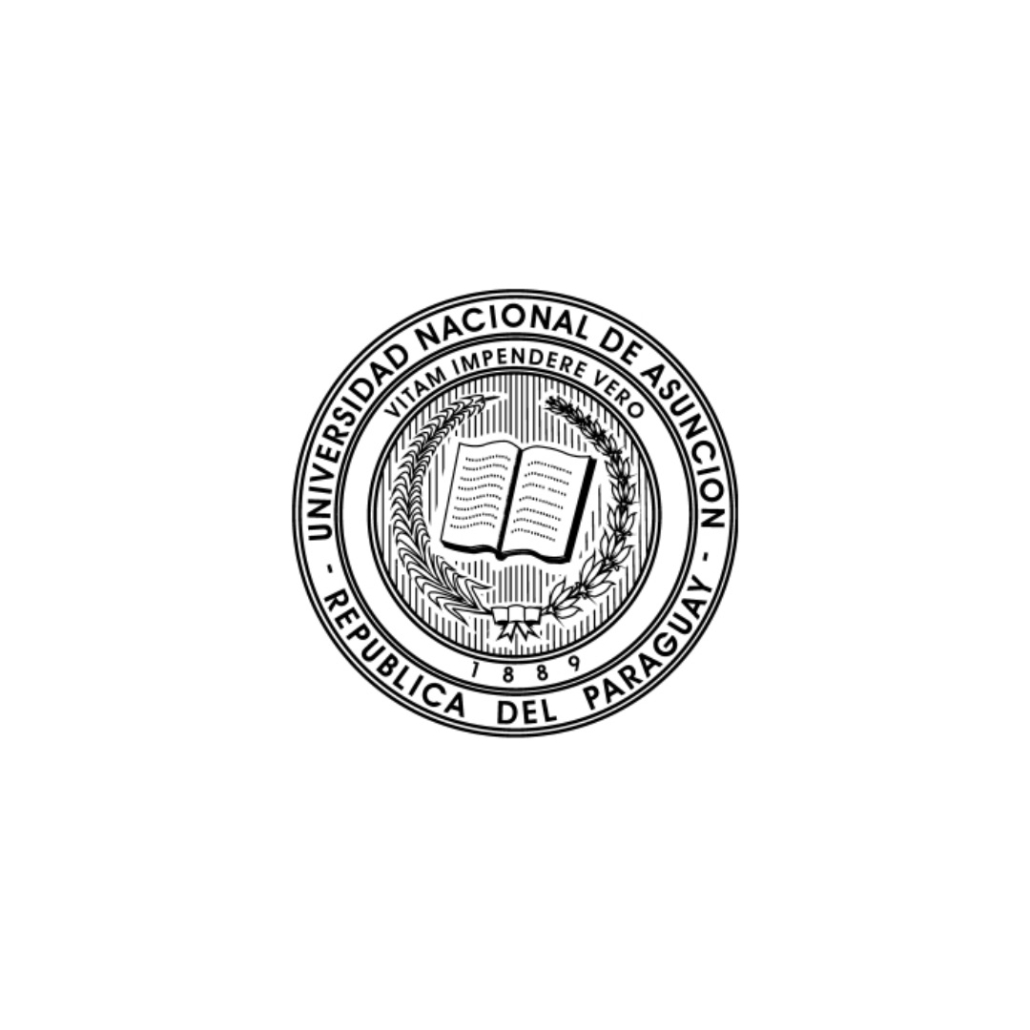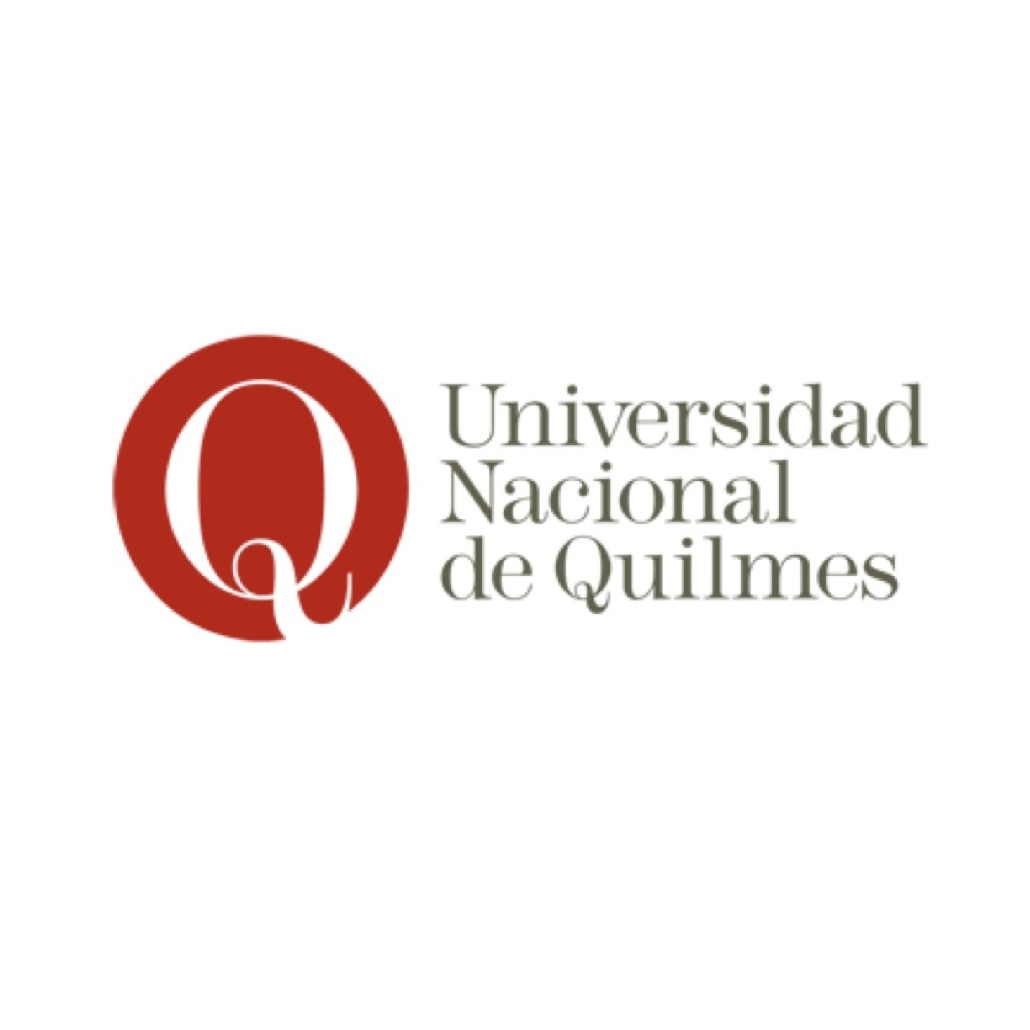From Focus Groups to Online Group Interviews: Adaptation to E-Research in the Face of COVID-19
DOI:
https://doi.org/10.24310/TSN.2022.v7i14.17324Keywords:
Qualitative research, online research, COVID-19, group interview, focus group, rare diseasesAbstract
The irruption of COVID-19 and the declaration of the state of alarm due to the global pandemic stopped the development of all activities aimed at carrying out fieldwork for social research in health and in other areas. All tasks were suspended as a preventive and protective measure. In the field of research on rare diseases, a qualitative methodology adapted to the circumstances caused by the pandemic is presented. It allows field work to be carried out, moving from face-to-face focus groups to online group interviews. The use of the internet and online communication platforms have been the means to continue developing qualitative research, showing experiences and verbalizing discourses. A timely methodological adaptation that allows get the information, and to provide coverage and a voice to the affected people included in the study, with a great degree of vulnerability, who otherwise could not have been collected given the circumstances and restrictions derived from the pandemic.
Downloads
Metrics
References
Callejo-Gallego, Javier (2009): Introducción a las técnicas de investigación social. Madrid: Ed. Universitaria Ramón Areces-UNED.
Castaño-Collado, Cecilia; Martín-Fernández, Juan; Vázquez-Cupeiro, Susana; y Martínez-Cantos, José Luis (2010): La brecha digital de género. Amantes y distantes. Universidad Complutense de Madrid (Internet). (Citado el 6 de abril de 2022), www.e-igualdad.net
Chung, Claudia C. Y.; Wong, Wilfred H. S.; Fung, Jasmine L. F.; Rare Disease Hong Kong; y Chung, Brian H. Y. (2020): «Impact of COVID-19 Pandemic on Patients with Rare Disease in Hong Kong», en European Journal of Medical Genetics, 63 (12), 104062, https://doi.org/10.1016/j.ejmg.2020.104062
EURORDIS, Rare Diseases Europe (2020): ¿Cómo ha afectado la covid-19 a las personas con enfermedades raras? España, noviembre, http://download2.eurordis.org/rbv/covid19survey/covid_infographics_final_es.pdf
Fricker, Ronald D. (2012): Sampling Methods for Web and E-Mail Surveys. SAGE Internet Research Methods, J. Hughes (ed.). Londres: SAGE Publications, http://hdl.handle.net/10945/38713
García-Parra, Martín (2019): «Ética y resiliencia familiar para una atención integral en el campo de las enfermedades raras», en Revista INFAD, 2 (1), pp. 271-279, https://dehesa.unex.es/bitstream/10662/10615/1/0214-9877_2019_1_2_271.pdf
Giménez-Lozano, Cristina; Páramo-Rodríguez, Lucía; Cavero-Carbonell, Clara; Corpas-Burgos, Francisca; López-Maside, Aurora; Guardiola-Vilarroig, Sandra; Zurriaga, Óscar (2022): «Rare Diseases: Needs and Impact for Patients and Families: A Cross-Sectional Study in the Valencian Region, Spain», en Int. J. Environ. Res. Public Health, 19, 10366, https://doi.org/10.3390/ijerph191610366
Gobierno de España (2021): Crisis sanitaria covid-19: Normativa e información útil. Administración Gobierno de España, https://administracion.gob.es/pag_Home/atencionCiudadana/Crisis-sanitaria-COVID-19.html
González-Barberá, María; Menárguez-Puche, Juan Francisco; Delsors Mérida-Nicolich, Eloísa; Tello-Royloa, Carlos; Sánchez-Sánchez, Juan Antonio; Alcántara-Muñoz, Pedro Ángel; y Soler-Torroja, Mario (2021): «Información sanitaria en la red. Necesidades, expectativas y valoración de la calidad desde la perspectiva de los pacientes. Investigación cualitativa con grupos focales», en Revista Clínica de Medicina de Familia, 14 (3), pp. 131-139, https://scielo.isciii.es/scielo.php?script=sci_arttext&pid=S1699-695X2021000300003
Gordo-López, Ángel Juan, y Serrano-Pascual, Araceli (coords.), 2008: Estrategias y prácticas cualitativas de investigación social. Madrid: Pearson Educación.
Guerra, José Manuel; Esteban-Bueno, Gema; y Coca, Juan R. (2021): «El impacto sobre la actividad de las entidades de afectados y familiares de enfermedades raras durante el confinamiento por covid-19 en España», en Acciones e Investigaciones Sociales, 42, pp. 95-111, https://doi.org/10.26754/ojs_ais/ais.2021426230
Hernán-García, Mariano; Lineros-González, Carmen; y Ruiz-Azarola, Ainhoa (2021): «Cómo adaptar una investigación cualitativa a contextos de confinamiento», en Gac. Sanit., 35 (3), pp. 298-301, https://doi.org/10.1016/j.gaceta.2020.06.007
López-Roldán, Pedro, y Fachelli, Sandra (2015): Perspectivas metodológicas y diseños mixtos. Metodología de la investigación social cuantitativa. Cerdanyola del Vallès (Barcelona): Bellaterra. Universitat Autònoma de Barcelona. Edición digital: http://ddd.uab.cat/record/129382
Lozano-Martínez, Josefina; Castillo-Reche, Irina Sherezade; y Cerezo-Máiquez, M. Carmen (2021): «Buenas prácticas de la comunidad educativa en alumnado con enfermedades raras o poco frecuentes», en Revista Fuentes, 23 (3), pp. 317-327, https://doi.org/10.12795/revistafuentes.2021.16251
Morens, David M., y Fauci, Anthony S. (2020): «Emerging Pandemic Diseases: How We Got to COVID-19», en Cell Press, 182, pp. 1077-1092. Doi: 10.1016/j.cell.2020.08.021.
NIA, National Institute on Aging (2021): Soledad y aislamiento social: Consejos para mantenerse conectado, 14 de enero, https://www.nia.nih.gov/espanol/soledad-aislamiento-social-consejos-mantenerse-conectado
Ochoa-Quispe, Flor Zarayn, y Barragán-Condori, Melquíades (2022): «El uso en exceso de las redes sociales en medio de la pandemia», en ACADEMO, 9 (1), pp. 85-92. Asunción, https://doi.org/10.30545/academo.2022.ene-jun.8
OMS, Organización Mundial de la Salud (2020): Declaración sobre la segunda reunión del Comité de Emergencias del Reglamento Sanitario ?Internacional (2005) acerca del brote del nuevo coronavirus (2019-nCoV). Ginebra: OMS. Disponible en https://www.who.int/es/news/item/30-01-2020-statement-on-the-second-meeting-of-the-international-health-regulations-(2005)-emergency-committee-regarding-the-outbreak-of-novel-coronavirus-(2019-ncov)
Sugaya, Nagisa; Yamamoto, Tetsuya; Suzuki, Nacho; y Uchiumi, Chigusa (2021): «Social Isolation and Its Psychosocial Factors in Mild Lockdown for the COVID-19 Pandemic: A Cross-Sectional Survey of the Japanese Population», en BMJ Open, 11 (7), e048380, http://dx.doi.org/10.1136/bmjopen-2020-048380
Talevi, Dalila; Socci, Valentina; Carai, Margherita; Carnaghi, Giulia; Faleri, Serena; Trebbi, Edoardo; Di Bernardo, Arianna; Capelli, Francesco; y Pacitti, Francesca (2020): «Mental Health Outcomes of the COViD-19 Pandemic», en Riv. Psichiatr., 55 (3), pp. 137-144, https://doi.org/10.1708/3382.33569
Wong, Ling Ping (2008): «Focus Group Discussion: A Tool for Health and Medical Research», en Singapore Med. J., 49 (3), pp. 256-260, quiz 261. PMID: 18363011.
Wouters, Paul, y Beaulieu, Anne (2006): «Imagining E-Science beyond Computation», en Christine Hine (ed.): New Infrastructures for Knowledge Production: Understanding E-Science. Hershey, PA: Information Science Publishing, http://dx.doi.org/10.4018/978-1-59140-717-1.ch003
Zarante-Montoya, Ignacio (2020): «Una pandemia que oculta aún más a los pacientes con enfermedades raras», en Pediatría, 53 (3), pp. 79-80.
Downloads
Published
How to Cite
Issue
Section
License

This work is licensed under a Creative Commons Attribution-NonCommercial-ShareAlike 4.0 International License.

